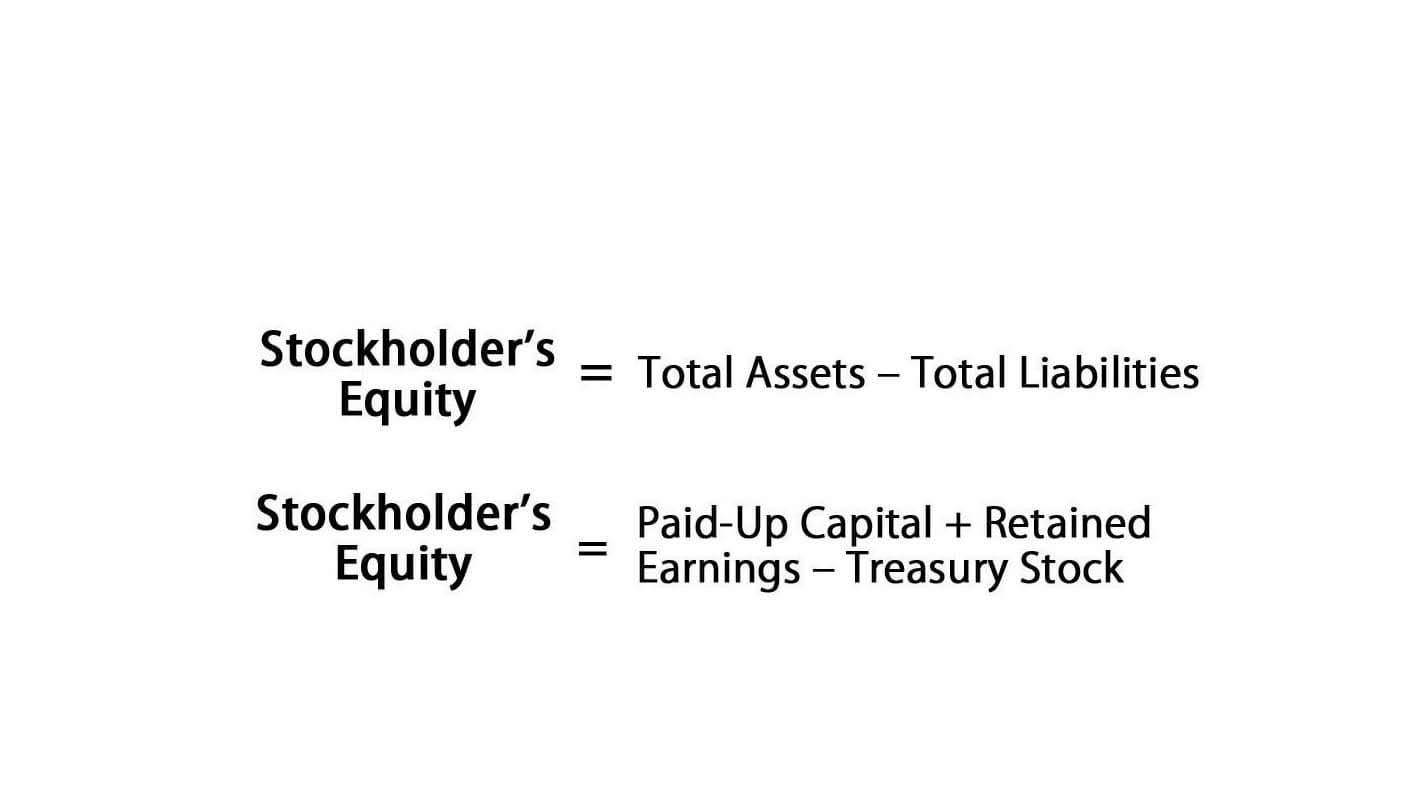
This method provides a more accurate picture of a farm’s financial health at any given time by recognizing receivables and payables. This method is often simpler and may be beneficial for smaller farms or those looking for a straightforward way to track cash flow. However, it can be less accurate in terms of matching income and expenses to the time periods in which they are actually generated or incurred. Agriculture accounting is an essential component of managing a successful farming business. By understanding and implementing effective agricultural accounting practices, farmers can maintain their financial health, make informed decisions, and ensure long-term success. Whether through advanced accounting software, professional consulting services, or ongoing education and training, investing in agriculture accounting is crucial for the future of the farming industry.
Farm Accountant Definition, Principles, and Roles
A farm accountant keeps track of farming transactions, ensures accurate and timely bookkeeping, and comprehends depreciation and amortization techniques for farm-specific assets. The change in fair value (less costs to sell) of a biological asset between reporting dates is reported as a gain or loss in the statement or profit or loss. The process of revenue recognition is further complicated by the presence of government programs that provide financial support to farmers. These programs can result in payments that are not directly tied to the sale of agricultural products but are nonetheless an important component of a farm’s revenue.
To Ensure One Vote Per Person, Please Include the Following Info
By creating an immutable ledger of transactions, blockchain offers a level of security and transparency previously unattainable. This is particularly relevant for complex transactions and supply chain management, where the provenance of goods and the accuracy of financial exchanges are of utmost importance. Complete a summer internship with a Fortune 500 company like John Deere, Caterpillar, Archer Daniels Midland or a public accounting firm like Deloitte or Price Waterhouse Coopers or Crowe Horwath. While creativity and ingenuity on the farm are definitely assets, there’s plenty to be said for having the right tools for the right job, especially when it comes to efficiency. MacGyver might have had the television show, but when it comes to working with what’s at hand to get a job done, few people are better at this than farmers and ranchers. We’ve become accustomed to improvising and making what we have work when the right tools or resources aren’t always available.
How Agricultural Accounting is Different From Standard Accounting

The trouble was that the equity was a result of rapidly increasing land values and not from profits earned by the business. So when land prices suddenly fell, the farms were upside down in that they owed more than what their assets were worth. The income statement has the same income and expense categories as the annual cash what is agricultural accounting operating budget above — minus the capital-purchases line and with the addition of depreciation expense and interest. Also, instead of a monthly breakdown, the income statement shows total sales (or gross revenue) for a year of operating your farm, along with all the expenses and what’s left over in net farm income.
- MacGyver might have had the television show, but when it comes to working with what’s at hand to get a job done, few people are better at this than farmers and ranchers.
- Instead of being structured around products, all operations are based on repetitive cost centre “tasks” (planting, spraying, preparing feed, transporting goods, etc.).
- We’ve become accustomed to improvising and making what we have work when the right tools or resources aren’t always available.
- Financial instruments like futures contracts can be used to hedge against price volatility, and these require careful accounting to ensure they are properly reflected in financial statements.
- Moreover, biological assets, such as crops and livestock, can vary greatly in value based on growth, diseases, and market fluctuations.
- Farm accountants lend their expertise in crafting detailed budgets that project future income and expenses.
- You would also use this method to determine gross income if the farm keeps an inventory.
- According to the IRS, the length of time you need to keep records relating to your farming business depends on the record type.
- Selecting the right accounting software is crucial for effective agriculture accounting.
- Adherence to those standards means you can rest easy knowing that the financial reporting you need to satisfy outside agencies and businesses is accurate.
- It ensures financial sustainability and informs strategic decision-making, which is crucial for farmers and agribusinesses aiming to thrive in a competitive market.
These statements include the balance sheet, income statement, and cash flow statement, each offering a different perspective on the business’s health. The valuation and management of these assets are critical as they undergo biological transformation—growth, degeneration, reproduction—which significantly affects their quality, quantity, and ultimately, their economic value. Unconditional grants related to biological assets measured at fair value less costs to sell are recognised as income when the grant becomes receivable. Conditional grants are recognised as income only when the conditions attaching to the grant are met. You also can keep track of sales and expenses for each enterprise (instead of just by market venue), including labor hours expended per crop. This will allow you to develop enterprise budgets and thereby get a clear sense of profitability by crop.

Note that equipment, buildings, and land are not listed as expenses in the income statement. The values of these capital investments are shown as assets in the balance sheet and are not included in the income statement. For the income statement, the relevant expenses related to land, buildings, and equipment are the interest on the loan you received to purchase these items, the costs of repairing them, and their annual depreciation. Similarly, any principal payments made this year are not included in the income statement. That value will show up as equity in your balance sheet, just as the amount of principal still due is listed as a liability in the balance sheet. This method records income and expenses when they are earned or incurred, not when the cash is exchanged.
- This method records income and expenses when they are earned or incurred, not when the cash is exchanged.
- Agriculture accounting, also known as agricultural accounting, is the process of recording, analyzing, and managing the financial transactions and records of farming businesses.
- Agricultural accountants develop financial strategies that boost a farm's profitability.
- You can use Schedule J to average your taxable income over the previous three years.
- Unconditional grants related to biological assets measured at fair value less costs to sell are recognised as income when the grant becomes receivable.
According to the IRS, the length of time you need to keep records relating to your farming business depends on the record type. Determine how much livestock you would have sold without the weather-related condition. Pull your AG accounting records from past years to show how many animals you’ve sold, how many animals you would have sold without the weather-related conditions, and other proof. Nondeductible farm expenses include personal, living, and family expenses, such as the cost of maintaining your personal vehicles or horses. You also cannot deduct expenses such as loan repayment, loss of livestock (if you deducted the cost of raising them as an expense), or membership fees (e.g., country club).

A ballpark income ratio for farmers is 20% (net income is 20% of gross income), although this varies greatly according to the type of operation and how long it has been in business. To create this table, the farmers sat down at the end of 2012 with all their receipts and sales-log information and entered the totals month by month according to the type of expense or market venue. Looking at cash flow from 2012 helped to establish a baseline for cash inflows and outflows for the 2013 season, with adjustments to be made for planned changes, such as expanding both the vegetable and flower CSAs. As you can see, this is a monthly breakdown of the cash into and out of the Big Beet Farm bank account on a particular year.
Like all accountants, agricultural accountants require formal education and training. To navigate the intricate landscape of agricultural accounting, several key skills are needed. While the fundamental principles of accounting apply to all industries, certain characteristics set agricultural accounting apart from general accounting. If you buy stuff in town, keep a bin in the car to collect receipts to take into the house periodically. The Management Accounting Guidelines for Agricultural Production responds to the ever-increasing need for consistent, reliable, and accurate management information systems to support day-to-day production decisions.

